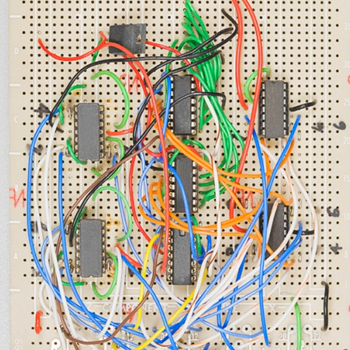Question #0e711
1 Answer
None of the choices are true. Perhaps
Explanation:
First, reduce the function.
In the rational root test, possible rational roots of F(x) are the form
So there are
However, none of them are the actual roots. The actual roots of
If
Again, none of the possible
The roots of
(caluculated in http://www.wolframalpha.com/input/?i=4x%5E3-x%5E2%2B10x-6)

